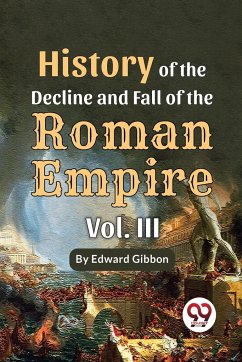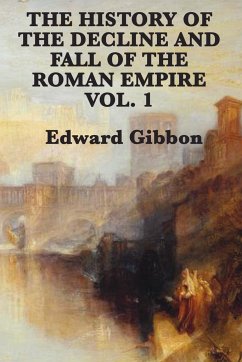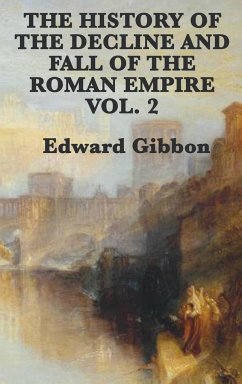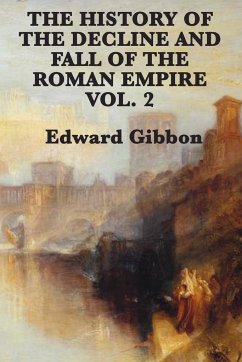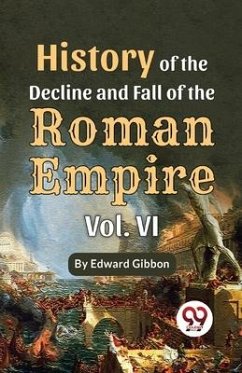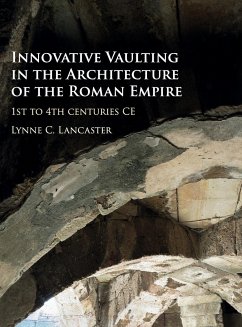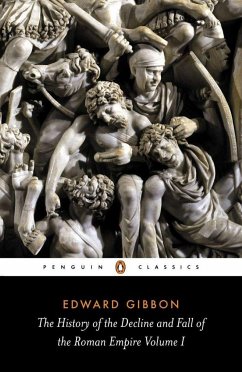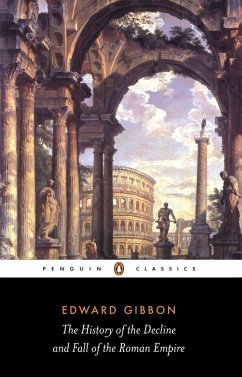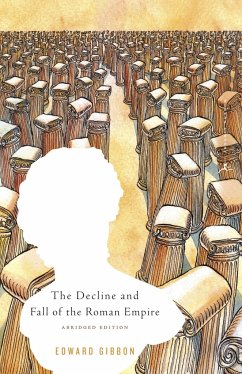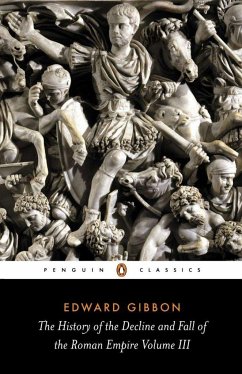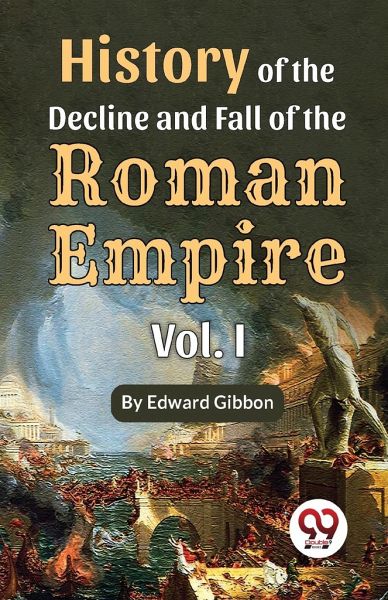
History of the decline and fall of the Roman Empire Vol.- 1

PAYBACK Punkte
13 °P sammeln!
Edward Gibbon's "The History of the Decline and Fall of the Roman Empire" is a monumental six-volume work that covers the history of the Roman Empire from the end of the 2nd century AD to the fall of Constantinople in 1453. The book is considered one of the greatest works of historical literature in the English language and has had a profound influence on the way we understand the ancient world. Gibbon's approach to history was heavily influenced by the Enlightenment, and he sought to apply reason and critical thinking to the study of the past. In the book, Gibbon examines the factors that led...
Edward Gibbon's "The History of the Decline and Fall of the Roman Empire" is a monumental six-volume work that covers the history of the Roman Empire from the end of the 2nd century AD to the fall of Constantinople in 1453. The book is considered one of the greatest works of historical literature in the English language and has had a profound influence on the way we understand the ancient world. Gibbon's approach to history was heavily influenced by the Enlightenment, and he sought to apply reason and critical thinking to the study of the past. In the book, Gibbon examines the factors that led to the decline and eventual collapse of the Roman Empire, including political corruption, military overexpansion, economic instability, and the rise of Christianity. He also explores the complex relationships between the various peoples and cultures that inhabited the empire, from the barbarian invasions to the Byzantine Empire.





